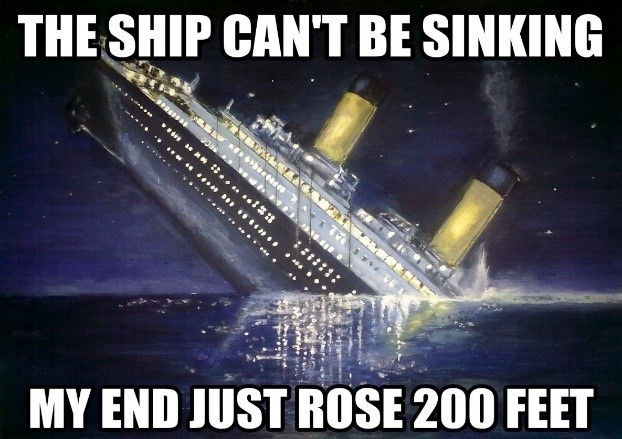Into the fire in 2020
- David Ogier
- Dec 4, 2020
- 2 min read

It is scary enough resigning from full-time stable employment but doing so during a global economic disaster that is 2020 is just plain silly. And yet this is what I and a few co-workers felt we needed to do recently. Some because they were travelling, some because they want to study further, and some - like me - because they felt constrained by strategy or motivations of working in a larger slow adapting system.
I have moved on from both large multinationals and smaller focused consultancies because I’ve found those systems didn't align with my professional goals and personal preferences. Unfortunately, in my 22 years of working, it seems few places do fully align. The decision to go independent was always therefore one that I needed to make and denying that was just being disingenuous to myself. My time in the corporate environment was not wasted, far from it. It taught me balance, compromise, and working with difficult people in challenging situations - but it has also clearly demonstrated the opportunity costs of financial and operational inflexibility.
In my experience of corporates, the first concern has been, is it financially beneficial and if not, how can we make it beneficial? Appropriateness of the project to staff skill sets or capacity, or even the ethics of working the project in the first place are seemingly secondary to keeping the lights on. This is certainly not a criticism of corporates as this is the reason they exist. It does however lead to rigidity in what is taken on, and what novelties the staff can test. This is particularly frustrating in the climate and environmental consulting sector where staff tend to passionate, innovative, and forward-thinking. Skills that are essential when working in a dynamic crosscutting environment with so many unknowns where “making a plan” is often needed over one solution fits all models favoured by managers balancing books and capacities.
Knowing I could no longer be a square peg in the round hole, I resigned and went the freelance climatologist and risk specialist route. I may have mistakenly assumed this was a well-worn path, but it seems more novel than I anticipated. However, this option allows me the flexibility to select clients and projects that align with my personal viewpoints and also allowed me to dig more into the local context of areas or situations to apply a more tailored practical analysis.
So far, in addition to the advancements I’ve made analytically, this journey has had a large but rewarding learning curve - from the strategic level vision planning and defining service offering to the hoop-jumping of website administration and email signatures – and has taught me there’s never a bad time to live your passion.






Comments